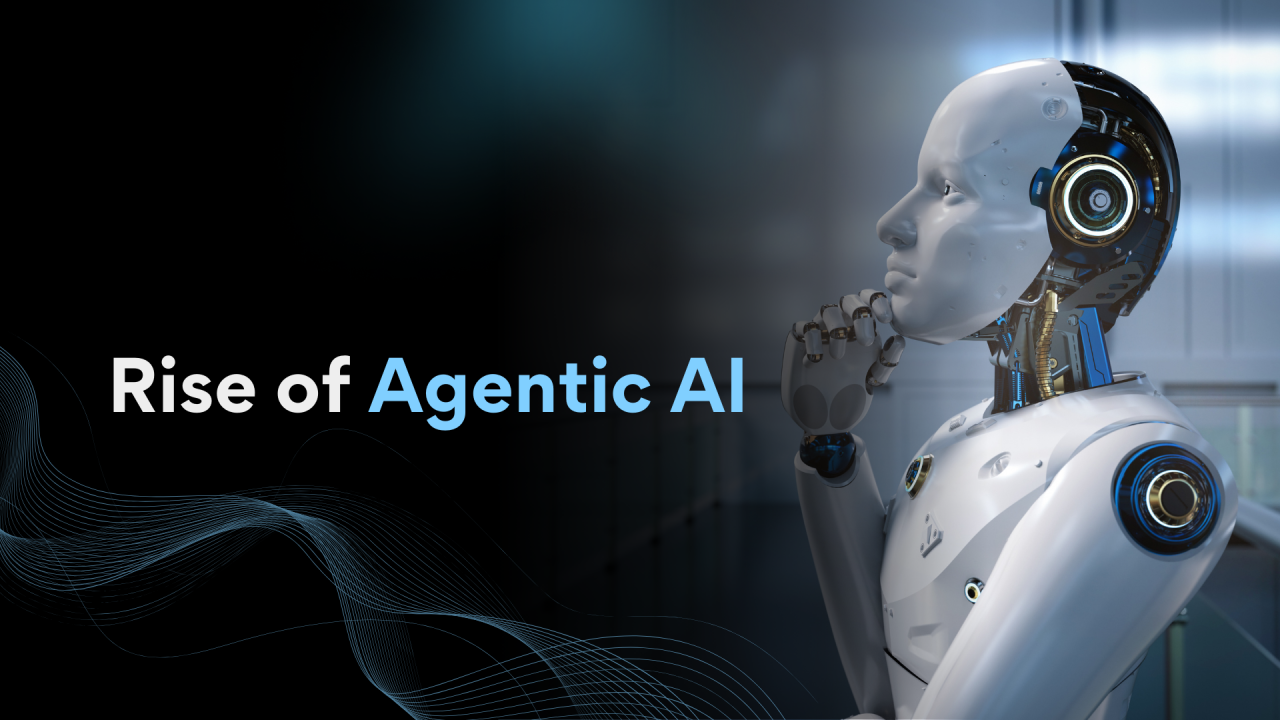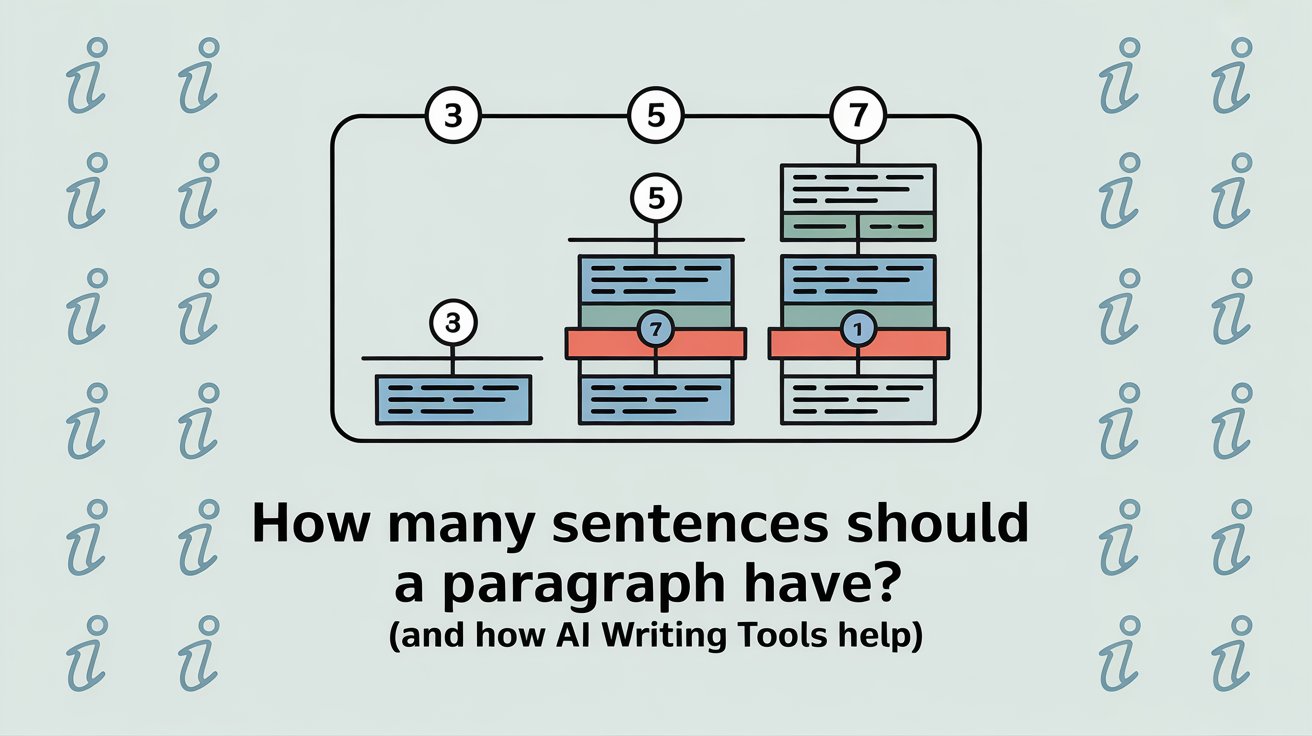Autonomous Healthcare Systems: The Rise of Agentic AI

Strong 8k brings an ultra-HD IPTV experience to your living room and your pocket.
Introduction
Healthcare is changing fast. One of the biggest changes is the use of Artificial Intelligence (AI). Today, AI is not just supporting doctors—it is starting to act on its own, make decisions, and even manage parts of healthcare without human help. This is called Agentic AI in healthcare.
These Autonomous Healthcare Systems are built to think, act, and learn like human agents. They are not just tools anymore. They are becoming virtual doctors, assistants, and analysts, all rolled into one.
Let’s explore what this means, how it works, what’s trending, and how it helps healthcare move into the future.
What Are Autonomous Healthcare Systems?
Definition: Autonomous Healthcare Systems use AI that can make decisions without human help. This includes diagnosing, recommending treatments, or handling patient data in real time.
With the rise of software development in healthcare, this has started taking a good shape.
Agentic AI Explained: Agentic AI refers to AI that acts like an agent. It observes, understands, and acts. In healthcare, it means AI tools that can:
- Detect diseases
- Monitor health
- Offer advice or even start emergency responses
Difference from Traditional AI: Traditional AI follows commands. Agentic AI is smarter. It understands context, adjusts to new data, and takes action without being told every step.
Real-World Examples
- AI nurses monitoring ICU patients 24/7
- Chatbots giving mental health support
- Robots doing simple surgeries
- Smart apps remind patients to take medicine and schedule appointments
Why Are These Systems Rising Now?
Post-COVID Health Challenges After the COVID-19 pandemic, health systems are overloaded. Agentic AI helps manage care, reduce stress on doctors, and provide faster help.
Faster Data Growth Medical data is growing every second. Agentic AI can analyze this faster than humans and provide insights instantly.
Need for Speed. In emergencies, time matters. AI systems can respond within seconds, much faster than a human team.
Remote Care: Many people now prefer or need telehealth. AI systems make remote care easier, safer, and more effective.
Shortage of Health Workers. In many areas, there are not enough doctors or nurses. Agentic AI helps fill that gap by automating routine tasks.
Key Features of Agentic AI in Healthcare
Decision-Making Ability: These systems don’t wait for instructions. They observe, decide, and act.
Learning from Data: Agentic AI gets smarter over time by studying patient information, finding patterns, and understanding health issues.
Self-Correction The AI can detect errors and correct itself with minimal human input.
Patient Interaction: It can talk with patients, understand their needs, and adjust its advice based on their responses.
Safety Protocols Many systems come with built-in safety checks to prevent mistakes and alert human staff when needed.
Top Trends in Agentic AI & Autonomous Healthcare (2025)
1. AI-Powered Virtual Nurses
These are AI bots trained to:
- Track patient vitals
- Give reminders for medication
- Monitor chronic illness
Popular apps like Sensely and Florence are already using this idea.
2. Diagnostic AI Systems
Tools like Google’s DeepMind or IBM Watson Health can:
- Read medical scans
- Identify cancer signs
- Spot eye diseases
- Predict heart problems
Accuracy is now at human or even superhuman levels in some areas.
3. Robotic Surgeries
Robots like the Da Vinci Surgical System now perform:
- Minor surgeries
- Assistance during complex procedures
These robots are semi-autonomous and improving fast with real-time AI decision-making.
4. AI Chatbots for Mental Health
Tools like Wysa or Woebot are becoming trusted mental health guides.
These chatbots:
- Listen to user concerns
- Offer CBT-based responses
- Help in early intervention
5. AI for Drug Discovery
Agentic AI helps scientists find and test new drugs faster.
- It predicts how drugs will work, side effects, and success rates.
- This reduces time from the lab to the pharmacy shelves.
6. Predictive Healthcare Systems
These AI tools:
- Predict who might get sick
- Suggest lifestyle changes
- Alert doctors before a patient’s condition worsens
They are key in managing diabetes, heart conditions, and mental health.
7. Voice-AI and Wearables Integration
- Wearables like smartwatches now send data to Agentic AI systems.
- AI listens to voice patterns for signs of diseases (like stroke or Alzheimer’s).
- Voice + wearables give a full, real-time health picture.
8. Personalized AI Health Coaches
Based on data, Agentic AI offers:
- Personalized diet plans
- Exercise routines
- Sleep tips
- Mental health support
Example: Lumen, FitBit with AI, and Apple Health integrations.
9. AI in Emergency Rooms
In busy ERs, AI helps by:
- Sorting patients by urgency
- Giving doctors possible diagnoses
- Reducing wait time
It also keeps medical errors low and speeds up treatment.
Benefits of Autonomous Healthcare Systems
24/7 Availability AI doesn’t sleep. It can monitor patients around the clock.
Faster Diagnosis AI finds diseases earlier than most humans can.
Better Access in Rural Areas. People in remote areas can get quality healthcare through AI systems.
Lower Healthcare Costs. Automation reduces manpower and time, saving money.
Increased Accuracy AI reduces human error, especially in reading scans or drug prescriptions.
Data-Driven Care AI uses tons of data to offer care that is based on real trends and needs.
Challenges to Overcome
Trust and Safety: Can we trust AI with life and death decisions? Systems must be transparent and secure.
Ethical Concerns AI needs to respect privacy, consent, and patient dignity.
Job Shifts Some worry AI may replace health workers. But in reality, it will likely assist rather than replace.
Bias in AI. If trained on biased data, AI could give wrong results. Fair data is critical.
Regulation and Laws Governments must make strong rules to ensure AI works ethically and safely.
Conclusion
The rise of Autonomous Healthcare Systems powered by Agentic AI is reshaping the way we receive medical care. These smart systems are helping reduce wait times, detect diseases earlier, and make personalized care possible even in remote areas.
While challenges remain, the future looks promising. With ethical use and proper regulations, Agentic AI can make healthcare faster, smarter, and more human-centered than ever before.
FAQ
1. What is Agentic AI in healthcare?
Agentic AI refers to artificial intelligence systems that can make decisions and take actions on their own, like a human agent. In healthcare, it means AI that can diagnose, monitor, and interact with patients without constant human input.
2. How are autonomous healthcare systems different from traditional AI?
Traditional AI follows specific instructions. Autonomous systems with Agentic AI can learn from data, make decisions, and act independently to provide real-time healthcare support.
3. What are examples of Agentic AI in use today?
Some real-world examples include:
- AI chatbots for mental health (e.g., Woebot)
- Virtual nurses who give medication reminders
- AI tools that read X-rays or predict heart issues
4. How does AI improve healthcare in remote areas?
AI provides virtual care, remote monitoring, and even emergency alerts without needing in-person visits. This improves care access for people in rural or underserved areas.
5. What are the risks of using Agentic AI in medicine?
Risks include:
- Bias in AI models
- Privacy issues
- Wrong diagnoses can occur if not monitored. That’s why proper testing, human oversight, and strong rules are important.
Note: IndiBlogHub features both user-submitted and editorial content. We do not verify third-party contributions. Read our Disclaimer and Privacy Policyfor details.







